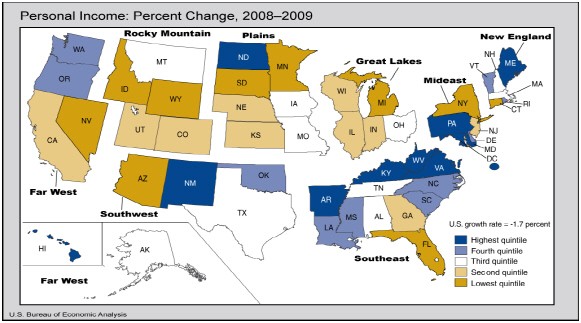Frontier market stocks
Post on: 16 Март, 2015 No Comment

Frontier market stocks
Fig. 1. Global equity markets
According to FTSE, the world consists of approximately 150 nations possessing stock exchanges. FTSE classifies 48 of these nations as either developed markets or emerging markets. The remaining countries are candidates for frontier market classification. [3]
The majority of countries now included in frontier market indexes come from the following constituents:
- Former soviet and marxist economies establishing private markets and stock markets. These countries include many small states in Eastern Europe and in Central Asia. Viet Nam would also be included in this group.
- Middle Eastern, Arabian peninsula, and North African states establishing and opening stock markets to international investment.
Over time, national markets can migrate from the continuum of classifications, moving between developed, emerging, and frontier markets. Index providers normally have countries on a watch list for future inclusion or exclusion into or out of a frontier market index. [note 1] For example, MSCI has shifted Sri Lanka (2001), Venezuela (2006), Jordan (2009), Pakistan (2009), and Argentina (2009) from emerging market classification to frontier market classification over the past decade. [4]
Figure 1. provides a map showing the worldwide distribution of frontier, emerging, and developed stock markets.
Risk, volatility, correlation
Risk
Frontier market stocks encompass all the risks affecting emerging stock markets. In the case of frontier markets, these risks are magnified. In addition to market and currency risks, frontier markets are especially susceptible to the following risks:
- Political risks. Political instability can result from external conflict, coups, and racial and national tensions.
- Economic risks. Economic policies and reforms can fail.
- Regulatory and operational environment. The quality of market regulation, corporate governance, transparency, and accounting standards is often below that of developed markets.
- Limits on investment. Foreign investment may be limited or taxed.
- High industry/firm concentration. In frontier markets, a large share of a country’s stock market capitalization may be concentrated in a particular industry or company. [5]
Volatility
The volatility of frontier market stock returns, as measured by standard deviation. has generally been greater than the broader global market. Much of this increased volatility occurred during the 2008-2009 financial crisis. Prior to the crisis, frontier market stock returns exhibited lower volatility relative to U.S. and international market returns, and relative volatility has declined over the last three years. Over the span of measured returns (starting date 2003), the MSCI Frontier Market Index returns have ranged from +72.68% in 2005 to -54.15% in 2008. [note 2] MSCI reports standard deviation of monthly returns for the MSCI Frontier Market Index compared to the MSCI ACWI (All Country World Index) + Frontier Markets Index in the table below:
Standard Deviation (2003-2012) [6]














